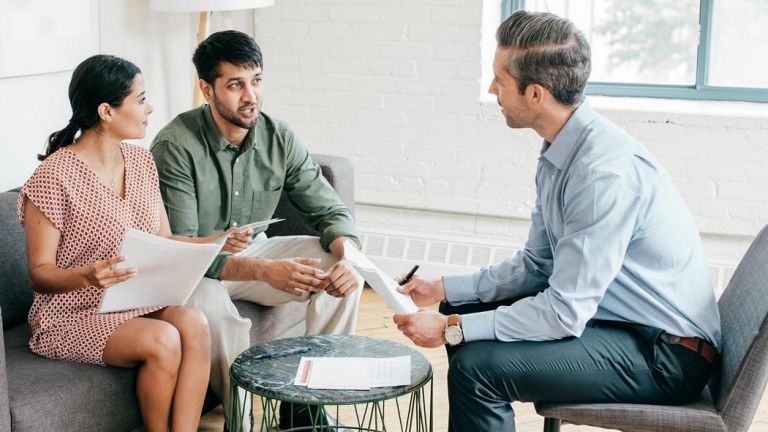Selling or letting your property
Are you planning to sell or rent out your house or flat? You’ll need to put your property on the market. When choosing an estate agent, remember that while paying less is attractive, you should always check the terms of the service very carefully before agreeing to anything so you understand exactly what you’ll get for your money.
This applies to online and high-street agents. Ask what’s included in their service, specifically about any potential extra fees. For example, some may charge extra if you decide to take your property off the market.
Ask friends, neighbours and family if they can recommend any estate agents – but remember that their circumstances may be different than yours.
Here’s our guide on how the selling and buying process usually works. Remember, it’s just a rough outline, so if you’re starting to move home make sure you get professional advice from a lawyer or conveyancer.



